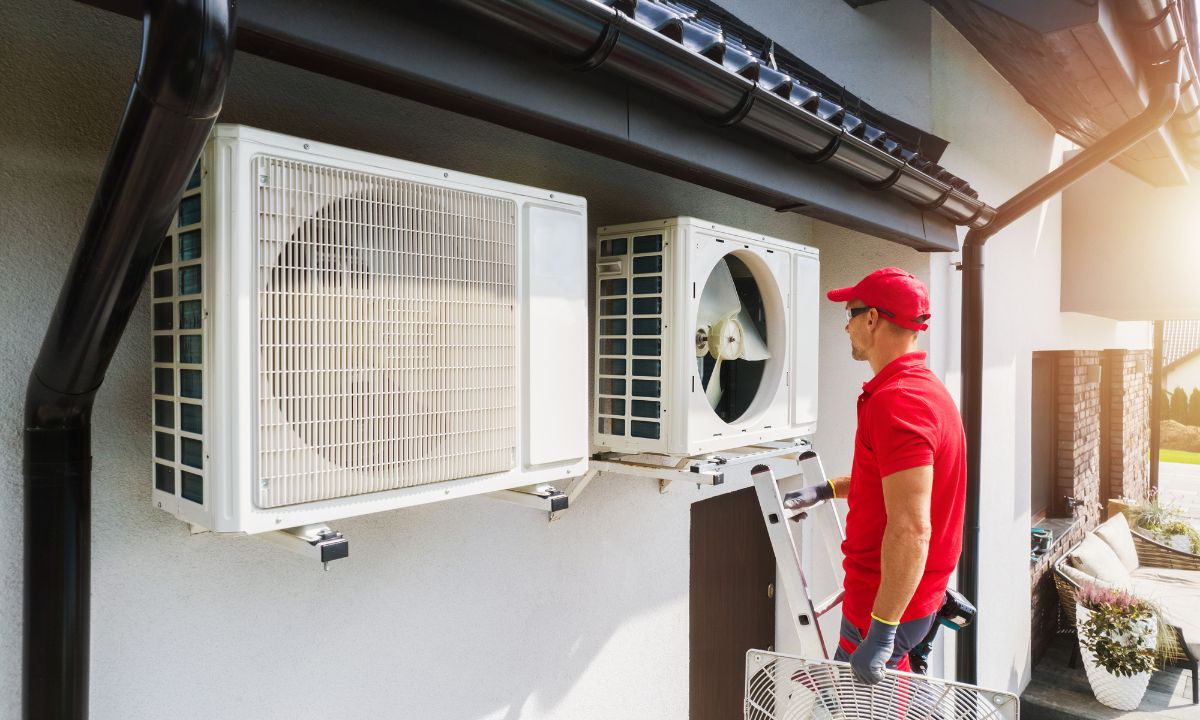Key Professionals to Know When Building Your Homeowner Network
 Owning a home is a rewarding milestone that symbolizes stability and personal achievement. It also comes with its fair share of challenges and responsibilities. Maintenance, emergencies, and long-term property planning require having the right professionals in your network to ensure a smooth homeownership experience. Here are the key individuals every homeowner should connect with early on.
Owning a home is a rewarding milestone that symbolizes stability and personal achievement. It also comes with its fair share of challenges and responsibilities. Maintenance, emergencies, and long-term property planning require having the right professionals in your network to ensure a smooth homeownership experience. Here are the key individuals every homeowner should connect with early on.
1. Insurance Agent
Your home is likely your biggest investment, making a dependable insurance agent one of your most crucial allies. Homeowners’ insurance protects your property against risks like fire and theft, but additional coverage may be necessary for natural disasters such as floods or earthquakes, depending on your location. Your insurance agent will walk you through your options and help tailor coverage that meets your specific needs.
Beyond home coverage, being a homeowner may open opportunities for discounts on other insurance policies, such as auto insurance. An experienced agent ensures comprehensive protection, safeguarding your home and assets from potential risks while offering valuable peace of mind.
2. Cleaner
Even if you take pride in maintaining your home’s cleanliness, having a professional cleaner on standby can be immensely beneficial. Life’s unexpected moments, like health challenges, special occasions, or travel, may leave you unable to keep up with deep-cleaning tasks. Finding a trustworthy cleaner with solid references ensures thorough and flexible service when you need it most.
While hiring a quality cleaner may come at a higher cost, it often pays off in time saved and peace of mind, particularly when preparing for guests or turning your home into a rental property. They can address deep-cleaning tasks and ensure your space remains hygienic and welcoming.
3. General Contractor
Minor repairs and maintenance tasks are inevitable as a homeowner. A reliable general contractor can handle everything from fixing squeaky doors and patching holes in walls to executing larger-scale renovations or additions. Establishing a relationship with a professional who is punctual, transparent in quotes, and skilled ensures you’re prepared for whatever project comes your way.
A reputable contractor can guide you through timelines, material choices, and budgeting, giving you greater control over home improvement projects and minimizing disruptions to your daily life. With a trustworthy contractor, your home remains both functional and appealing.
4. Roofer
Your roof is your home’s first defense against harsh weather, making its maintenance vital. Different roofing materials have varying lifespans, composition shingles often last around a decade, while wood and asphalt shingles may offer 20-30 years of protection. Proactively consulting a professional roofer helps you assess the roof’s condition and make repairs before minor issues become costly problems.
Regular maintenance not only protects your home from leaks and damage but also retains its market value, providing an added layer of security and longevity to your investment.
5. Real Estate Agent
While you may not intend to sell immediately, staying in touch with a knowledgeable real estate agent offers invaluable benefits. Agents often have insight into local market trends, upcoming developments, and community changes. When the time comes to sell, a real estate professional can guide you through pricing, timing, and staging to maximize your home’s appeal and profit.
Maintaining a relationship with a trusted agent ensures you’re well informed about your property’s value and potential improvements, making transitions smoother and more strategic.
Establishing relationships with these key professionals equips you to handle the complexities of homeownership with confidence. From securing the right insurance to keeping your home well-maintained and market-ready, having a reliable network makes managing and enhancing your home a more enjoyable, stress-free experience.

 Owning a home is huge and one of the most valuable investments many of us will ever make. Like any valuable asset, your home requires care and upkeep to ensure it stays in great condition, retains value, and remains a safe, comfortable haven.
Owning a home is huge and one of the most valuable investments many of us will ever make. Like any valuable asset, your home requires care and upkeep to ensure it stays in great condition, retains value, and remains a safe, comfortable haven.  Your home is more than just a building; it’s the setting for your life story. As you plan your monthly calendar, why not include enhancing and maintaining your home? Here, we provide a thorough guide of home maintenance tasks organized into monthly, seasonal, and year-round tips.
Your home is more than just a building; it’s the setting for your life story. As you plan your monthly calendar, why not include enhancing and maintaining your home? Here, we provide a thorough guide of home maintenance tasks organized into monthly, seasonal, and year-round tips.